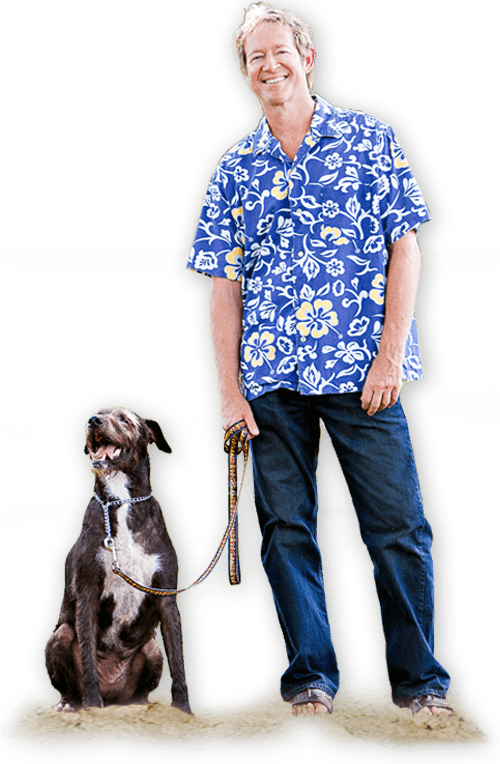“There’s no reason to become alarmed, and we hope you’ll enjoy the rest of your flight. By the way, is there anyone on board who knows how to fly a plane?” Elaine Dickinson, Flight Attendant, “Airplane” (The Movie)
During this extraordinary crisis, I am profoundly grateful for the smart, wise, and caring among us. I am also grateful to be an Episcopal priest with a Bishop who possesses all three of those qualities. Every Tuesday, the clergy of our Diocese participate in a Zoom meeting with our leader. He has brought in a host of experts to help us discern best practices during an extremely difficult time, including two infectious disease specialists who keep us updated with the latest research revelations and advice, and a therapist who helps to identify potential mental health challenges that are particular to “life in the time of COVID-19” so that we are pastorally prepared to meet the evolving needs of a community in flux amid uncertain times.
In addition to these helpful meetings, I try to stay informed about what is happening in the world of pandemics. However, I intentionally do not read anything sensational, or anyone who is obviously the exception to the rule. For example, I will trust the information if 95% of epidemiologists and infectious disease specialists advocate a specific understanding. Just like one can find any passage of scripture to support the most inane theological positions if one looks hard enough and is willing to forego context, one can also find a doctor here or there who does not know what the hell they are talking about, but will quite happily film it on YouTube and share it with the world. Not helpful. Listen to those who have done their homework and their research – those who remain open to evolutions of understanding and speak with a certain level of respect and awareness that things can, and do, change.
One of the more alarming developments taking place in our world is all of the self-taught (but not well-thought) “experts” who are happy to offer their opinions (or protests) about quarantine, social-distancing, viral infections and their spread. Quite frankly, I am not interested in their signs, slogans, or anything they have to say (or shout, in this case). I will trust those with intelligence, wisdom, and real compassion, thank you very much.
In the spiritual tradition, it is equally alarming to see how many folks can read the words and example of Jesus and yet choose to engage in thinking and behavior that could not be more diametrically opposed to the core values of the Christian faith. We find the priorities of Jesus in the Beatitudes, the Great Commandment, and the example of his life – one of selfless service, unconditional love, generous inclusion, and concern for the well-being of others. I am not sure where such “Christians” get their marching orders; perhaps they find it on YouTube from a few rogue ministers who have decided that they know better than Jesus. Or maybe they have that bumper sticker on their cars: “God is my Co-Pilot.” That’s a theology I’ve never quite understood–if you think of God as your co-pilot, you might want to consider changing seats. I’m pretty certain God’s a “driver’s seat” kind of traveler. I would trust God to pilot a plane (and my life) much more than I’d trust my own foolishness and limited perspective.
The practice of discernment and the seeking of God’s will is impossible if all we care about is telling God and the world how it’s gonna be and what we think. As Henri Nouwen reminds us in his writings about discerning God’s will, “to know God and God’s deepest desire for each of us is to be open to God’s call, to listen, pray, pay attention – to be willing to learn, grow, adapt, pivot and change.” Now (during this health and economic disaster) seems like a particularly important time to be intentional about seeking God’s will and guidance. Nouwen reminds us that: “Divine guidance can be found in the books we read, the nature we enjoy, the people we meet, and the events we experience. Through the practice of discernment, we can test our calling and find vocation. We can open our hearts to the divine presence. We can discover who we really are. And we can ascertain when to act, when to wait, and when to be led.” That’s not just smart advice – it’s also wise, spiritually-sound and God-centered.
When I was a little boy growing up in a devout religious family, we had a good friend who was an interesting character. Brother Harris Goodwin had sold his successful jewelry and antiques store in Hollywood to become a missionary in Latin America. I made many trips to Mexico and even lived in Honduras during the summer of my senior year in High School, working as a missionary apprentice – and learning a lot. When I was small, Brother Harris would travel to our home in Houston, share a meal with us and sometimes stay in our home. Whenever he was about to depart, he would take my hand in his and say, “Vaya con Dios, Billy.” Then he’d instruct me in the ways of God. He would remind me that “Vaya con Dios” means “Go with God.” He would point out that saying “May God go with you” assumes that you are leading God. Saying “Vaya con Dios” assumes that I am following God. Brother Harris would look me in the eye and encourage me always to follow God’s lead.
God is not my co-pilot and does not cater to my whims, desires, or limited understanding. God is not to follow me, I am to follow God; let God take the wheel, the future, or the pilot’s seat in the cockpit. Sounds like good advice to me. Beyond good, actually — it sounds downright divine.
Vaya con Dios,
Father Bill

